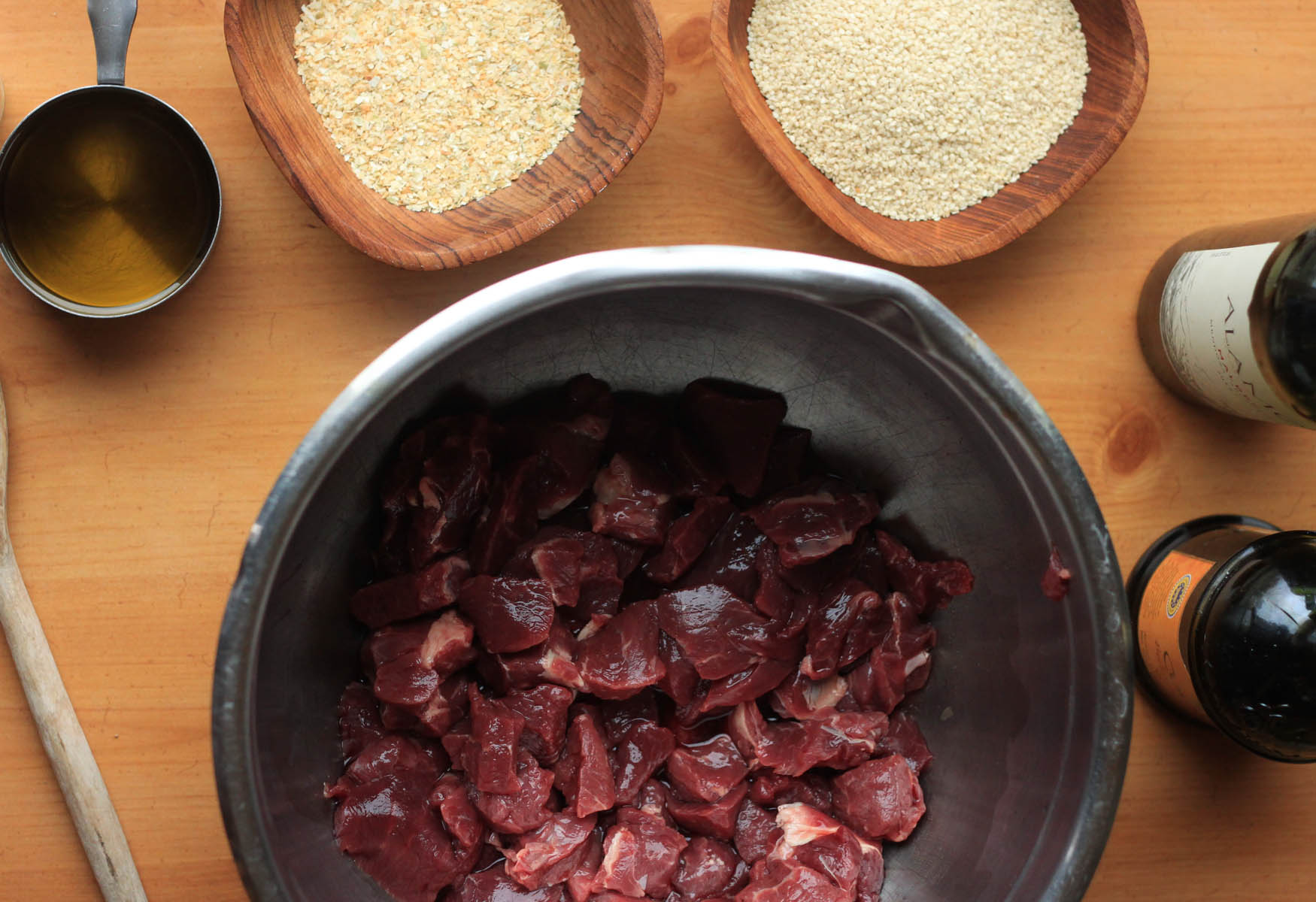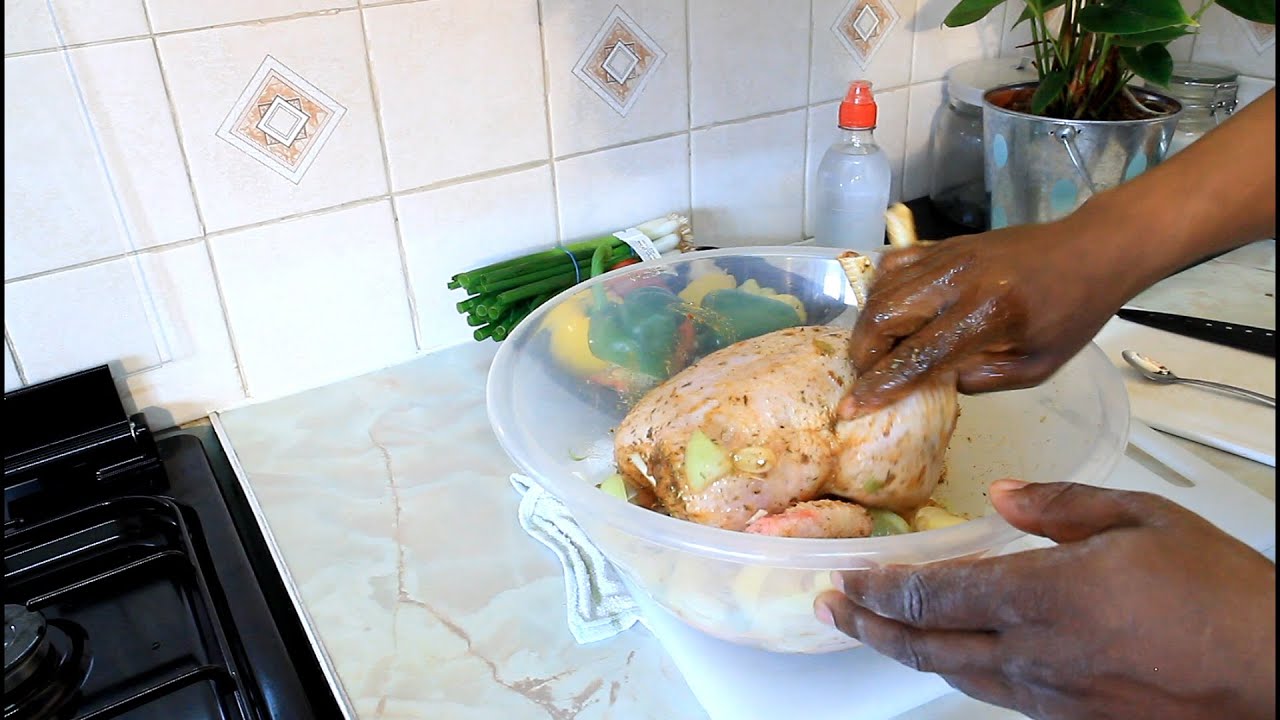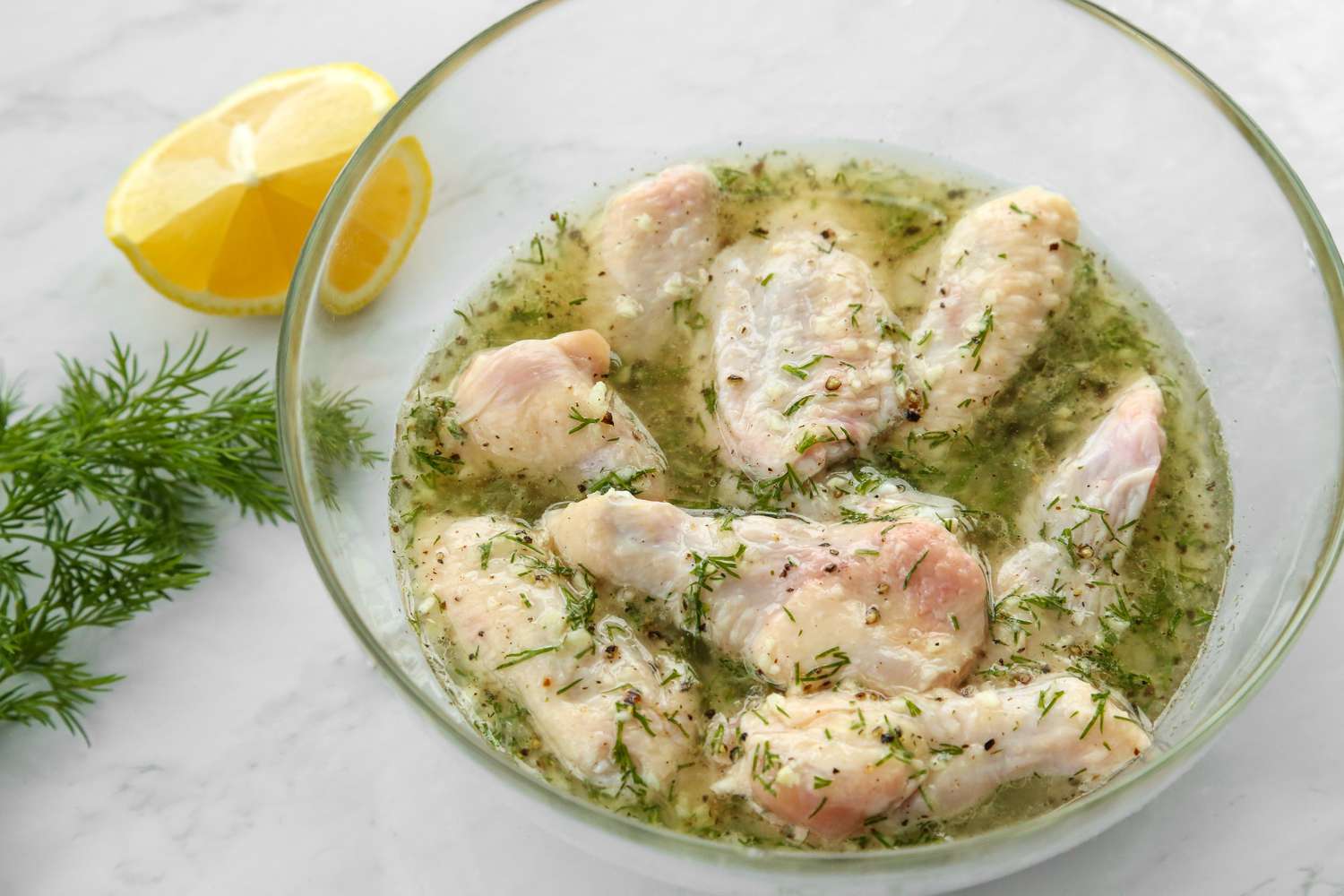Unlock the Secret to Perfectly Marinated Dishes with Vinegar
Marinating in vinegar is a fantastic way to infuse your favorite dishes with flavor and tenderness. Whether you’re preparing meat, seafood, or vegetables, vinegar can work wonders in elevating the taste and texture of your meals. In this guide, we’ll explore the art of marinating in vinegar and provide you with tips and tricks to achieve mouthwatering results.
Choosing the Right Vinegar
When it comes to marinating, the type of vinegar you use can significantly impact the final outcome. Apple cider vinegar is a popular choice for its mild, slightly fruity flavor, while balsamic vinegar adds a rich, sweet dimension to marinades. White wine vinegar and red wine vinegar are also excellent options, offering a subtle acidity that complements a variety of ingredients.
Creating the Perfect Marinade
A well-crafted marinade can take your dishes from ordinary to extraordinary. Here’s a simple recipe to get you started:
- 1/2 cup of vinegar
- 2 cloves of minced garlic
- 2 tablespoons of olive oil
- 1 teaspoon of honey
- Salt and pepper to taste
Feel free to customize the marinade with additional herbs, spices, or citrus zest to suit your personal taste preferences.
Marinating Techniques
Now that you have your marinade ready, it’s time to marinate your ingredients. Follow these steps for best results:
- Place your protein or vegetables in a shallow dish or resealable plastic bag.
- Pour the marinade over the ingredients, ensuring they are evenly coated.
- Cover the dish or seal the bag, then refrigerate for at least 30 minutes, or ideally, several hours to allow the flavors to penetrate.
- Remember to turn the ingredients occasionally to ensure even marination.
Enhancing Flavor and Tenderness
Aside from imparting flavor, vinegar can also help tenderize tougher cuts of meat and add a delightful tanginess to seafood and vegetables. The acidity in vinegar works to break down proteins, resulting in more tender and succulent dishes.
Experimenting with Different Ingredients
Don’t be afraid to get creative with your marinating endeavors. Try using different vinegars and combining them with complementary ingredients such as soy sauce, citrus juices, or aromatic herbs. The possibilities are endless, so feel free to explore and find unique flavor combinations that suit your palate.
Conclusion
Marinating in vinegar is a simple yet effective way to enhance the taste and texture of your favorite dishes. By choosing the right vinegar, crafting a flavorful marinade, and allowing sufficient marinating time, you can elevate your culinary creations to new heights. So, the next time you’re in the kitchen, consider reaching for that bottle of vinegar and unlock the secret to perfectly marinated dishes.
Happy marinating!











